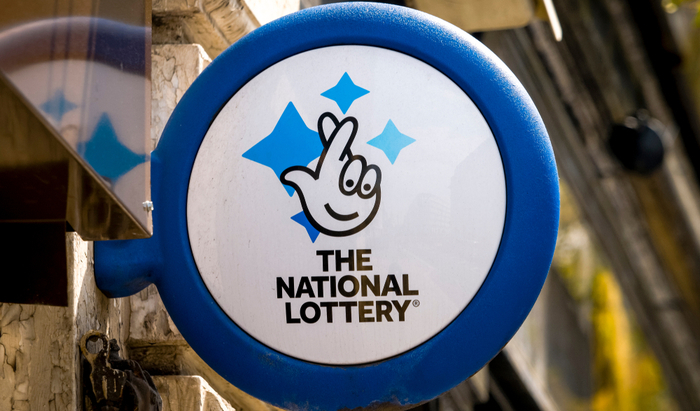Sazka Group’s Brent Hoberman CBE believes the UK government faces a critical choice in revitalising the National Lottery to allow a vital institution and funding resource to be modernised and, in doing so, break its ‘current status quo’.
Writing in an opinion piece for City AM, the former founder of Lastminute.com stated that any plans of ‘levelling up’ the UK by the government would require significant help from the National Lottery.
However, if things are kept the same, Hoberman thinks the lottery will struggle to support the government’s agenda in a post-Covid world.
Last week, Hoberman was added to an advisory board that will provide support to Sir Keith Mills and a wider team as part of Sazka’s bid for the Fourth UK National Lottery Licence.
The tech entrepreneur believes the UK Gambling Commission (UKGC) has an important decision to make for the future of the National Lottery, as it needs to select an operator that will ‘make the lottery stand out in a crowded digital environment’.
Hoberman stated: “Huge ad campaigns cannot hide the fact that millions of people – 8.5 million, in fact – have stopped playing the lottery over the past decade.”
He continued: “Like any institution, the National Lottery will have to change in order to adapt to the 21st century; the broader environment has certainly changed a lot since its creation by the government of Sir John Major in 1994.
“The switch to digital solutions and the increased competition from new gaming platforms have made the lottery look old-fashioned. Having spent a career leveraging new technologies to drive progress and solve problems, I am confident that there is potential for the National Lottery to embrace technological change and improve the ways we play.”
Hoberman also emphasised responsible play, stating ‘player protection must be at the forefront of any bid’. This is a notion already set in motion by the Department for Digital, Culture, Media and Sport (DCMS) as well.
Following a review of the Gambling Act 2005 back in December, the DCMS announced the National Lottery age limit would be raised from 16 to 18 to help protect young people from gambling-related harm in response to the significantly growing trend towards online play.
To revitalise the National Lottery, Hoberman insisted that the UKGC must support ‘fresh perspectives’, either by ‘learning from success stories from abroad or in coming up with entirely new approaches to playing’.
He said: “Ultimately, the objectives for bidders are simple: relaunch the lottery, win back lost customers, and attract a new generation of players in a way that protects the vulnerable. But tinkering on the margins won’t do.
“It is time for bold thinking to be married with sound business plans and proven track records of success so the National Lottery can move confidently and seamlessly into a new era.”




























